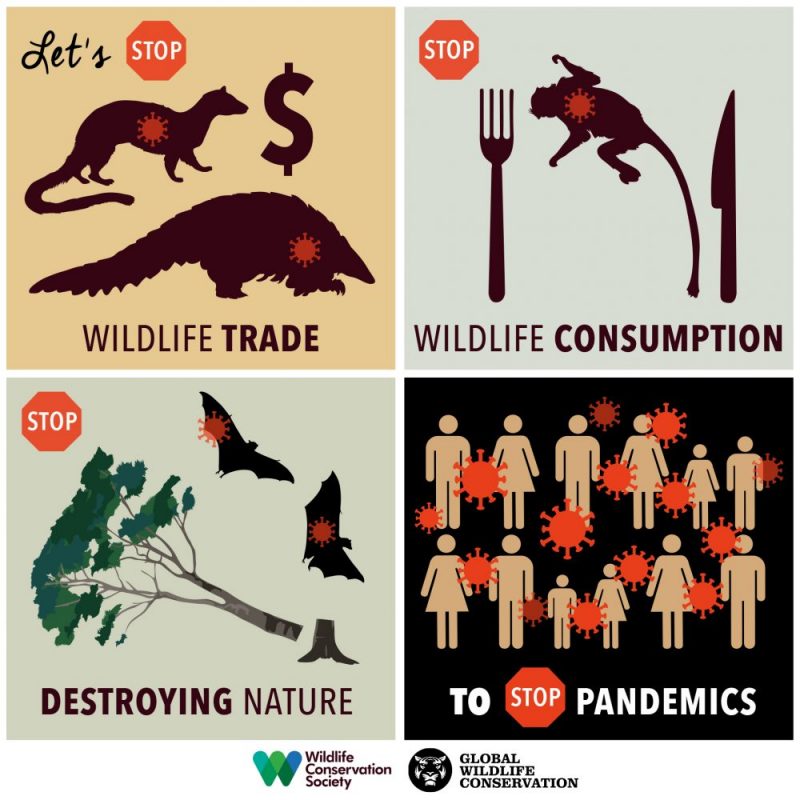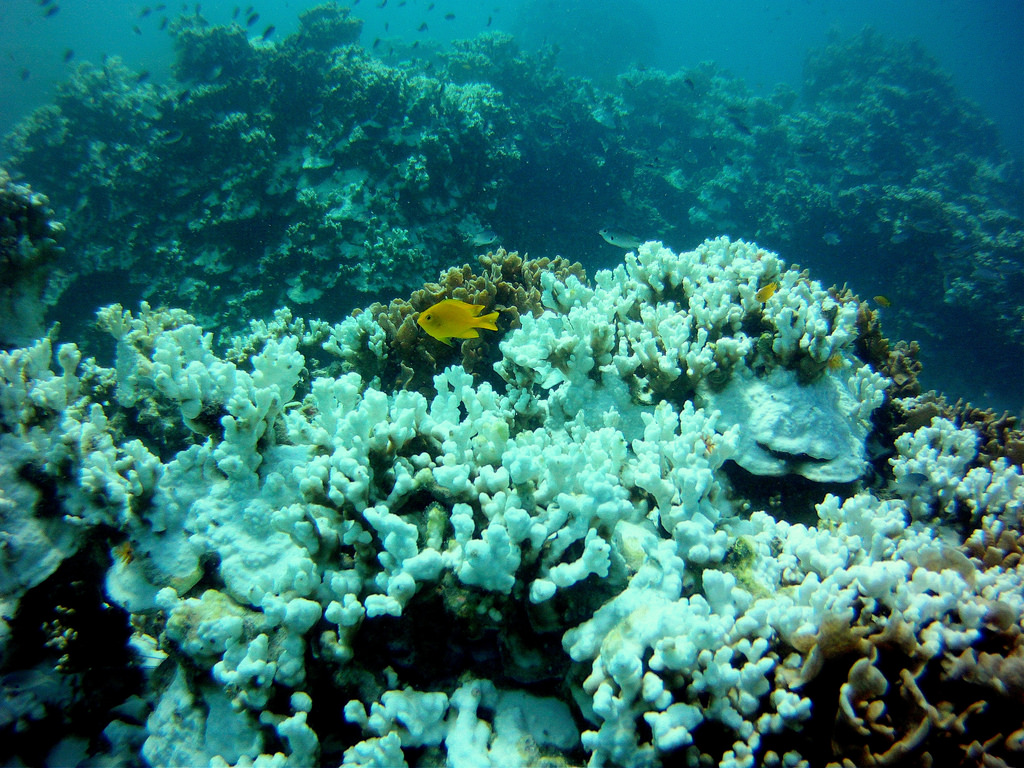Land management and habitat protection crucial in preventing future pandemics

7 July 2020
Sustainable land management and habitat protection are key elements of preventing future zoonotic outbreaks like COVID-19, the UN has said.
In a joint report by the United Nations Environmental Programme (UNEP) and the International Livestock Research Institute (ILRI), the “rising trend” in zoonotic diseases is attributed to “the degradation of our natural environment – through land degradation, wildlife exploitation, resource extraction, climate change and other stresses”.
Adopting a One Health approach, which aims to tie public health, veterinary and environmental expertise, would reduce such future outbreaks and provide environmental protection simultaneously, the study finds.
“A rise in intense and unsustainable farming”
The report’s authors marked out seven trends that have led to the increasing emergence of zoonotic diseases. These include a growing demand for animal protein, a rise in intense and unsustainable farming practices, the increased use and exploitation of wildlife and the ongoing climate crisis.
The continued destruction of ecosystems and exploitation of wildlife will lead to a “steady stream of these diseases jumping from animals to humans in the years ahead,” according to UNEP Executive Director Inger Andersen.
Pandemics devastate “our lives and our economies”, and “it is the poorest and the most vulnerable who suffer the most”, Ms. Andersen said.
“To prevent future outbreaks, we must become much more deliberate about protecting our natural environment,” she added.
Many of the recommendations put forward in the report focus on addressing the climate and biodiversity crisis, including incentivizing sustainable land management practices and the developments of alternatives for food security and livelihoods “that do not rely on the destruction of habitats and biodiversity”.
The authors also call for sustainable management of landscapes and seascapes that enhance sustainable co-existence of agriculture and wildlife.
African countries that have successfully managed deadly zoonotic outbreaks have the potential to leverage their previous experiences to address future outbreaks through approaches that integrate human, animal and environmental health.
African countries are applying, “novel risk-based rather than rule-based approaches to disease control, which are best suited to resource-poor settings”, ILRI Director General Jimmy Smith said, and have already begun using a multilevel system of expertise in their approach.

The biodiversity crisis and zoonotic diseases
In addition to unsustainable farming practices, the origin and spread of zoonotic diseases is also linked to the worsening biodiversity crisis.
The Wildlife Conservation Society (WSC) in the United States has found that 60 per cent of emerging infectious diseases are zoonotic and of more than 30 new pathogens recorded in humans in the past three decades, fully 75 per cent have originated in wild animals.
In order to halt the spread and development of zoonotic disease, the WSC has called for the closure of live animal markets that sell wildlife, the strengthening of anti-wildlife trafficking networks and the end of dangerous wildlife consumption behaviours.
[x_author title=”About the Author”]







